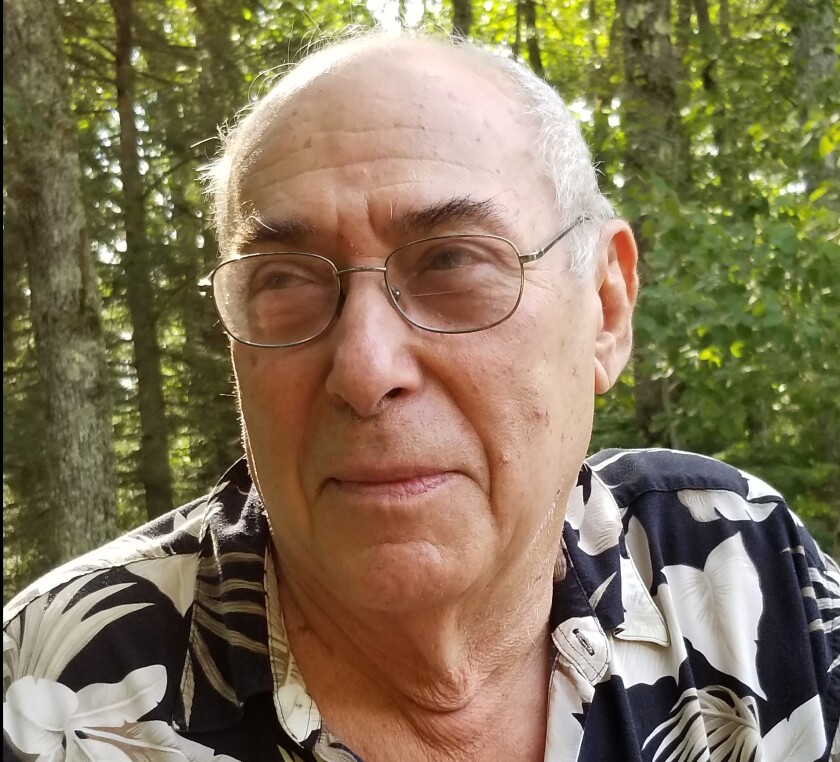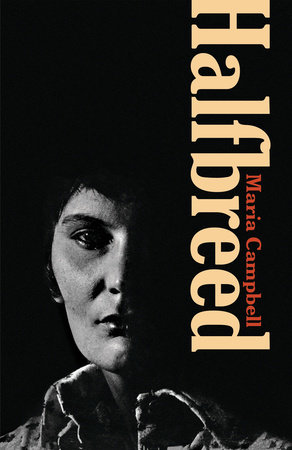Noel Ignatiev, scholar who called for abolishing whiteness, dies at 78Posted in Articles, Biography, History, Media Archive, Social Science, United States on 2019-11-12 16:35Z by Steven |
Noel Ignatiev, scholar who called for abolishing whiteness, dies at 78
The Los Angeles Times
2019-11-11
Sewell Chan, Deputy Managing Editor, News
 Noel Ignatiev’s 1995 book “How the Irish Became White” was influential and controversial, touching off a firestorm of debate. |
Noel Ignatiev, a former steelworker who became a historian known for his work on race and class and his call to abolish “whiteness,” died at Banner-University Medical Center Tucson on Saturday. He was 78. The cause was an intestinal infarction, according to Kingsley Clarke, a longtime friend.
Ignatiev’s best-known book, “How the Irish Became White,” was immediately influential and controversial upon its publication in 1995. It touched off a firestorm of debate at the time at academic conferences and in the pages of newspapers. In time his view that whiteness is a social and political construction — and not a phenomenon with a biological basis — has become mainstream. The resurgence of white identity politics and white nationalism in recent years made Ignatiev’s arguments relevant to a new generation of readers who argued the notion that race is more about power and privilege rather than about ancestry, or even identity.
The book detailed how the Irish, who had first come to North America as indentured servants and were reviled by the more settled populations of English and Dutch Americans, became, by the mid-19th century, accepted as white. Sadly, Ignatiev argued, the Irish became incorporated into whiteness just before the Civil War, through support for slavery and violence against free African Americans. To become white, Ignatiev wrote, did not mean to be middle class, much less rich, but rather to be accepted as equal citizens and to have access to the same neighborhoods, schools and jobs as others…
Read the entire obituary here.








